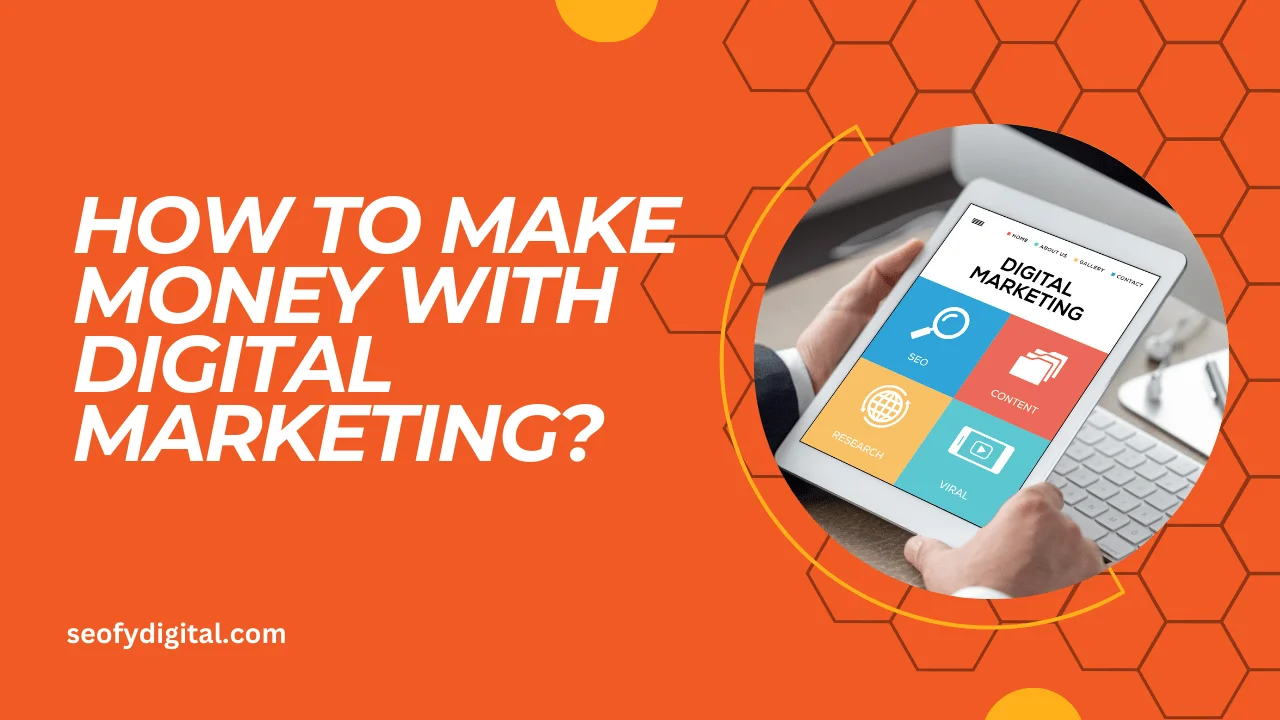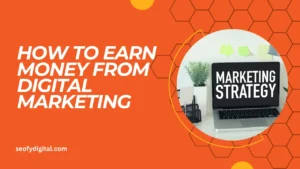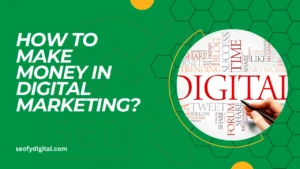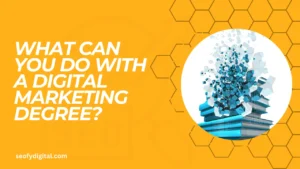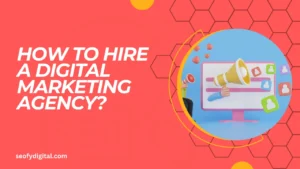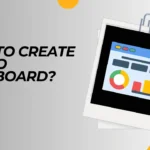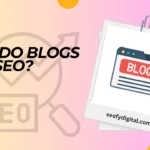Imagine this: You’ve poured your heart and soul into building a fantastic product or service.
It solves problems, fills needs, and is undeniably awesome. But here’s the rub: no one knows it exists. In today’s digital age, having a stellar offering isn’t enough. You need a way to break through the online noise and reach your ideal customers. Enter Digital Marketing, the ultimate money machine that can transform clicks into cold, hard cash.
Intrigued? You should be! Whether you’re a seasoned entrepreneur or a passionate hobbyist with a side hustle, digital marketing offers a wealth of opportunities to monetize your online presence.
This blog post is your roadmap to unlocking those opportunities. We’ll delve into various strategies and tactics, from content marketing and social media advertising to email marketing and beyond. By the end, you’ll be equipped with the knowledge and tools to turn your digital space into a thriving revenue stream.
Contents
- 1 Understanding the Basics of Digital Marketing
- 2 Content Marketing and SEO
- 3 Social Media Marketing
- 4 Pay-Per-Click (PPC) Advertising
- 5 Email Marketing and Affiliate Marketing
- 6 FAQ’s
- 6.0.1 How long does it take to start making money with digital marketing?
- 6.0.2 What are the best digital marketing niches to focus on?
- 6.0.3 How can I learn digital marketing skills?
- 6.0.4 What tools and software are essential for digital marketers?
- 6.0.5 How can I build a strong online presence?
- 6.0.6 What are some common mistakes that people make in digital marketing?
Understanding the Basics of Digital Marketing
Digital marketing is a broad term that encompasses various online strategies to promote products or services. Understanding the fundamentals of digital marketing is crucial for businesses of all sizes.
Key concepts in digital marketing include:
- SEO (Search Engine Optimization): The process of optimizing your website to rank higher in search engine results.
- PPC (Pay-Per-Click) Advertising: A type of advertising where you pay a fee each time your ad is clicked.
- Social Media Marketing: Leveraging social media platforms to build brand awareness, engage with customers, and drive traffic.
- Email Marketing: Using email to communicate with your audience and promote your products or services.
A fundamental concept in digital marketing is the digital marketing funnel. This funnel illustrates the customer journey, from initial awareness to becoming a loyal customer. Digital marketing strategies can be used to attract potential customers, convert them into leads, and nurture them into loyal customers.
Setting clear and measurable goals is essential for any digital marketing campaign. These goals should be SMART: Specific, Measurable, Achievable, Relevant, and Time-bound.
Content Marketing and SEO
ontent marketing involves creating and distributing valuable, relevant, and consistent content to attract and retain a clearly defined audience. High-quality content can help you establish your brand as an authority in your industry, generate organic traffic, and build trust with your audience.
SEO is a crucial aspect of content marketing. By optimizing your content for search engines, you can increase your website’s visibility and attract more organic traffic. Key SEO techniques include:
- Keyword Research: Identifying relevant keywords to target
- On-Page Optimization: Optimizing your website’s content, titles, and meta descriptions
- Off-Page Optimization: Building high-quality backlinks to your website
Effective content distribution strategies involve sharing your content on social media, email marketing, and through guest posting on other websites.
Social Media Marketing
Social media platforms offer a powerful way to connect with your target audience. By choosing the right platforms and creating engaging content, you can build a strong social media presence and drive traffic to your website.
Some effective monetization strategies for social media include:
- Influencer Marketing: Partnering with influencers to promote your products or services
- Affiliate Marketing: Promoting other people’s products and earning a commission on sales
- Sponsored Content: Creating sponsored content for brands
Pay-Per-Click (PPC) Advertising
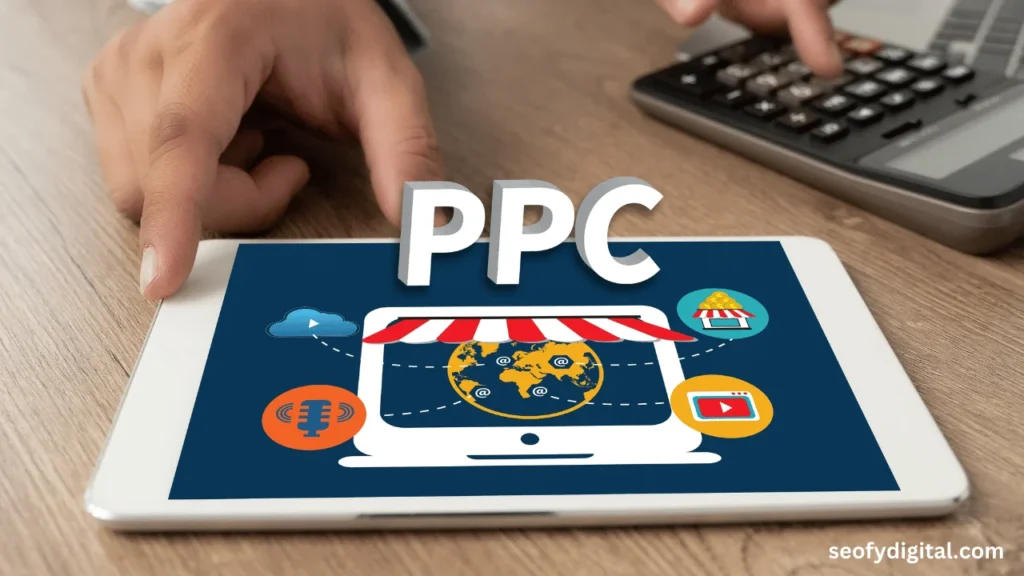
PPC advertising allows you to bid on keywords and display ads on search engines and social media platforms. By paying a fee each time your ad is clicked, you can quickly reach a wider audience and drive traffic to your website.
Popular PPC platforms include Google Ads and social media advertising platforms like Facebook Ads and Instagram Ads.
To create effective PPC campaigns, you need to conduct keyword research, write compelling ad copy, and optimize your bids.
Email Marketing and Affiliate Marketing
Email marketing is a powerful tool for building relationships with your audience and driving sales. By building an email list and sending targeted email campaigns, you can nurture leads, promote products, and encourage repeat purchases.
Affiliate marketing involves promoting other people’s products or services and earning a commission on each sale. By partnering with relevant brands, you can earn passive income through affiliate marketing.
Conclusion
Digital marketing offers a wealth of opportunities for individuals and businesses to generate revenue. By understanding the fundamentals of digital marketing, implementing effective strategies, and continuously adapting to industry trends, you can maximize your online potential.
Remember, success in digital marketing requires patience, persistence, and a willingness to experiment.
FAQ’s
How long does it take to start making money with digital marketing?
The time it takes to start making money with digital marketing varies depending on various factors, such as your niche, experience, and the strategies you employ. While some people may see results quickly, it often takes consistent effort and patience to build a sustainable income.
What are the best digital marketing niches to focus on?
The best niche for you will depend on your interests and expertise. Some popular niches include health and wellness, technology, finance, and e-commerce.
How can I learn digital marketing skills?
There are numerous ways to learn digital marketing skills, including online courses, tutorials, and workshops. You can also gain practical experience by working on personal projects or volunteering for organizations.
What tools and software are essential for digital marketers?
Some essential tools for digital marketers include Google Analytics, Google Search Console, social media management tools, email marketing software, and content management systems.
How can I build a strong online presence?
To build a strong online presence, you need to create high-quality content, engage with your audience on social media, and optimize your website for search engines. You can also leverage influencer marketing and paid advertising to reach a wider audience.
What are some common mistakes that people make in digital marketing?
Some common mistakes in digital marketing include neglecting SEO, spamming social media, not tracking results, and not adapting to changes in the industry.

